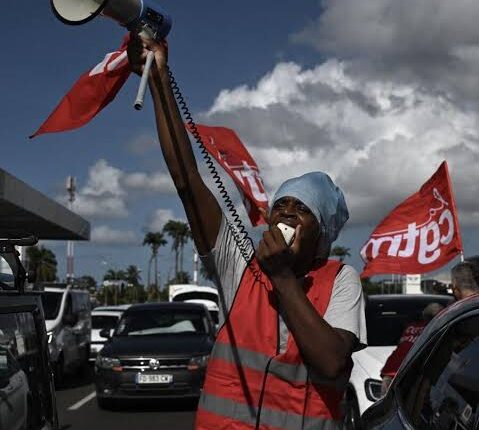After over six weeks of protests against rising living costs on the French Caribbean island of Martinique, local authorities have reached an agreement to reduce food prices. Jean-Christophe Bouvier, France’s prefect in Martinique, announced that the deal with various groups, including importers and distributors, will result in an average price cut of 20% on 6,000 essential imported products.
Protests began on September 1 in response to food prices that are approximately 40% higher than in mainland France, leading to violent clashes that have resulted in four fatalities and significant property damage. The unrest has prompted authorities to impose an extended curfew in Fort-de-France.
However, the agreement has faced backlash from the Rally for the Protection of Afro-Caribbean Peoples and Resources (RPPRAC), the main group behind the demonstrations. RPPRAC leaders demand broader coverage of the price cuts, insisting that the agreement should include 40,000 products instead of just 6,000 and be uniformly applied rather than limited to specific food items. “We’ll keep fighting until we get our way,” said RPPRAC leader Rodrigue Petitot.
In a statement following negotiations, Prefect Bouvier outlined five key measures for a structural reduction in purchasing costs, including mandatory commitments from large distributors to lower their profit margins.
With about 80% of food in Martinique imported from mainland France, residents face steep prices, such as €7.80 for a 250g packet of branded ground coffee, which costs €3.50 elsewhere. The situation is exacerbated by a historical 9% import tax, known as octroi de mer, and the numerous intermediaries involved in the supply chain.
Protests have led to roadblocks and the deployment of riot police, marking the first intervention by mainland security forces on the island since 1959. Earlier this month, clashes left several police officers injured, and a man was shot during a looting incident at a shopping center.


